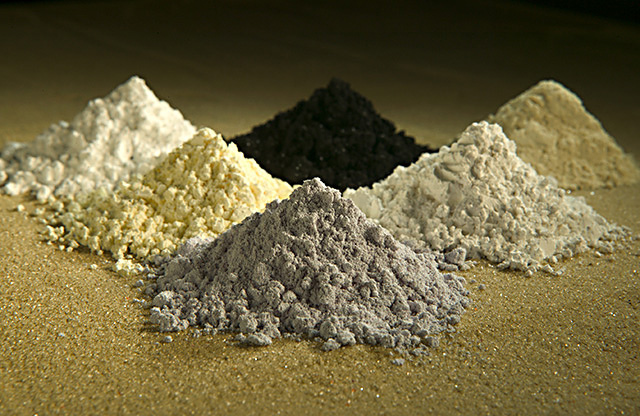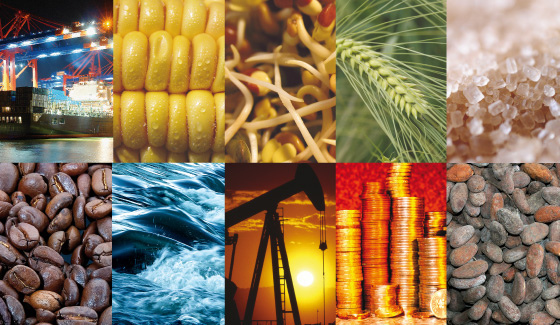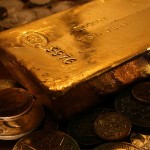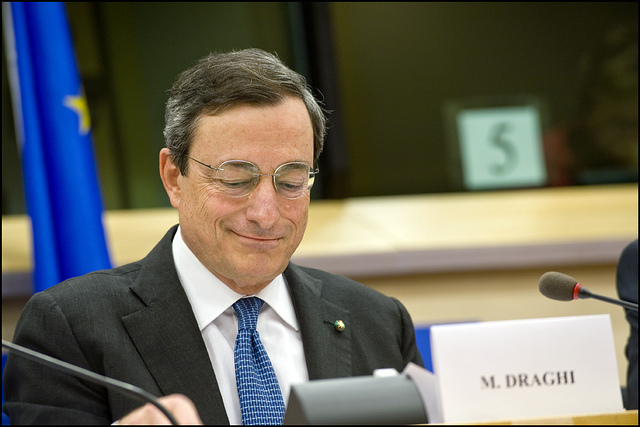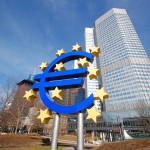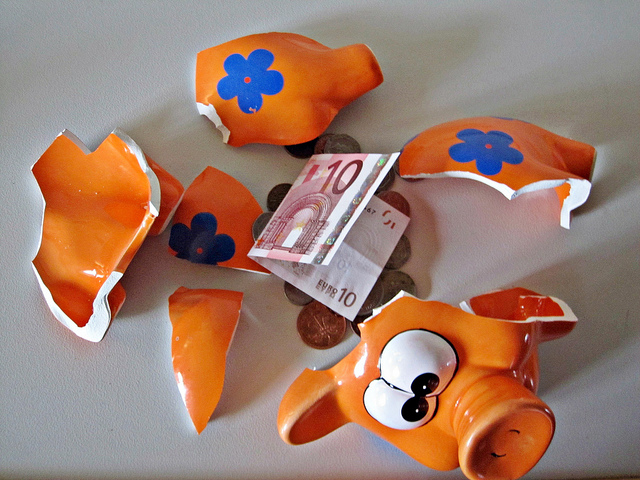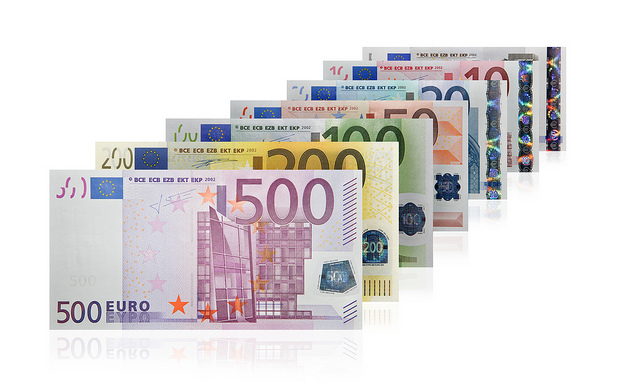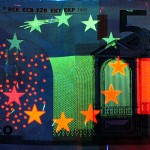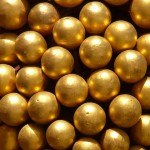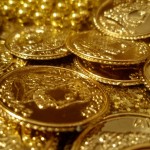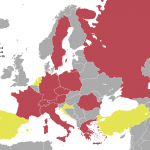The prediction on low-performing commodities for the year already seem to be fulfilling themselves, as hedge funds rein in their bullish attitude by most in seven weeks. With China showing signs of slowed economic growth, commodity prices have reached an eight-month low on increased surpluses.
According to the U.S. Commodity Futures Trading Commission data, 18 commodities traded on U.S. markets have dropped by 11 percent last week. Wheat appears to be affected the most, while investors have also turned bearish on corn, coffee, sugar, and soybean oil. On the contrary, gold prices rose to their highest levels since mid-November.
Since 31st December, the prices of raw materials have fallen 3.5 percent, marking the worst start to a year since 2007. December was the 22nd straight month of declines for Chinese producer prices, the longest drop since the financial crisis that hit Asia in the 1990s. The U.S. department of agriculture anticipates that wheat and soybean stockpiles around the world will be larger than analysts estimated.
Despite lowered Chinese demand, however, some commodities, such as copper, will fare on better prices with support coming in on improved U.S. and European economies.

